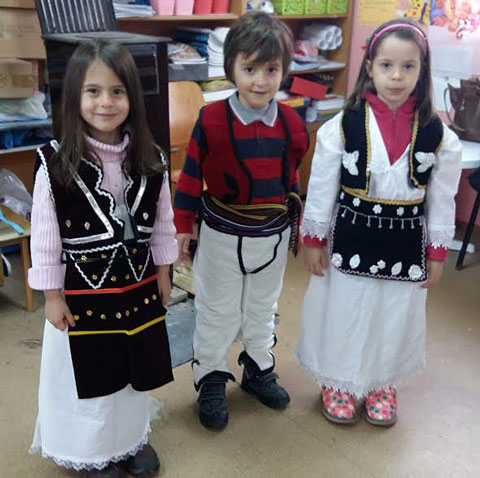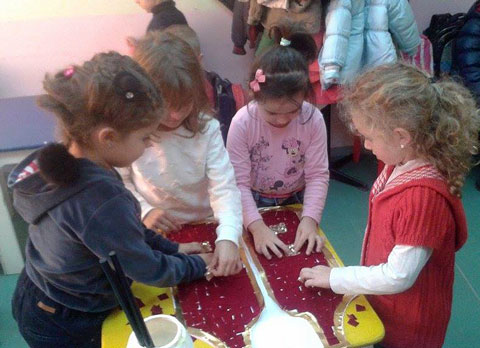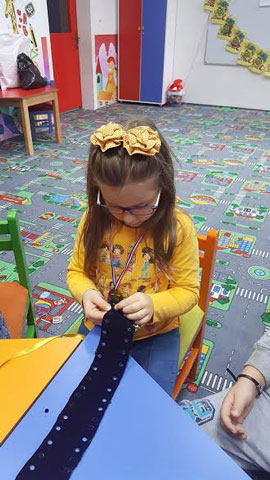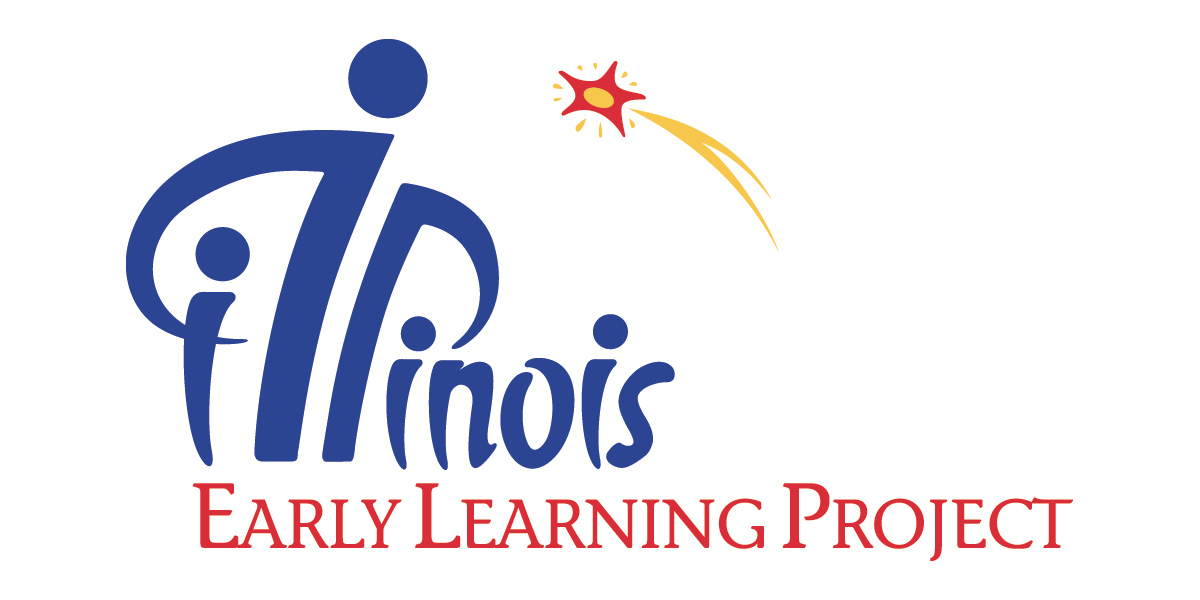
Şermin Metin, Nilüfer Darıca, and Zerrin Mercan
Hasan Kalyoncu University, Gaziantep, Turkey
The Traditional Clothes Project was the result of a research study that was undertaken in Pristina, the capital and largest city in Kosovo. The aim of the research study was to provide training for Kosovan Turkish teachers to embed 21st century skills in their teaching practice with young children ages 5 and 6.
A Unique Setting
The project took place in Pristina, where Albanians are a majority of the population with smaller communities of Serbs, Bosnians, and Turks. Each community is educated in their home language. The study and training sessions were conducted at the request of Turkish teachers in Kosovo who wanted to explore whether they could embed the teaching of 21st century skills in project work.
Teacher Training
Two teachers from Hasan Kalyoncu University preschool provided training. In the first stage, 11 teachers were trained on 21st century skills and the Project Approach over a five-day period. The training included lectures and a workshop.
Implementing the Project
During the second stage, four volunteer teachers employed in public schools in Pristina implemented an eight-week project on traditional costumes with 67 children.
Preliminary Planning for the Traditional Clothes Project
The four volunteer teachers began by selecting a topic. The two trainers and the teachers discussed various possibilities. At the teachers’ suggestion, it was decided that the project would be about traditional clothes because so many diverse cultures live near one another in the city.
The trainers and teachers first gathered information about clothing belonging to different cultures in Pristina, examined the clothes via pictures, and examined the views of the teachers’ grandparents. As the trainers and teachers obtained information about traditional clothes, they discovered many resources for children’s research.
The project leaders and teachers conducted a brainstorming session and prepared a teacher concept map. Plans were made for possible trips, observations, and research to be conducted during the eight-week project.



Findings
During the eight-week project, the teachers and project leaders exchanged information about the progress of their project via online communication.
At the end of the eight weeks, the project leaders and children’s teachers came together and exchanged ideas about the process of embedding 21st century skills into project work. Individual interviews with the teachers and parents were conducted. The interviews provided information about the children’s growth on the 21st century skills and participant’s opinions about the Project Approach.
Interviews with teachers:
- The teachers stated that they implemented the Project Approach for the first time and that these applications made a significant contribution to their personal and professional development.
- The teachers did not have previous information about 21st century skills, and learning about them contributed to their own development.
- The teachers stated they became more aware of child-centered education.
- The teachers stated that the children were actively involved and had fun.
- The teachers indicated that the Project Approach reduced classroom discipline problems and the children were more comfortable and able to listen, express their views, ask more questions, and show increased levels of awareness.
- The teachers stated that the children learned a lot in reaching the goals for the 21st century skills.
Interviews with the children’s family members:
- Family interviews indicated that they complained at the beginning of the project because of the many requests from the teachers. However, they were very surprised when they saw that the children were constantly asking questions at home, telling them a lot about school, and conducting research for the next day.
- Family members indicated that some children who previously did not want to go to school chose to attend school and said they were enjoying the school during the project.
Acknowledgments
We are grateful to Hasan Kalyoncu University faculty members for their contributions to the preparation, implementation, and evaluation of the project to improve the professional skills of Kosovo preschool teachers. We would also like to thank Ukshin Hoti University, the Kosovo Turkish Teachers Association, and the Yunus Emre Institute for their contribution to the implementation of this project. We attach importance to Kosovo teachers, families, and children who made significant contributions to the implementation of the project and to the development of children.


 Printer-friendly PDF
Printer-friendly PDF Printer-friendly PDF
Printer-friendly PDF